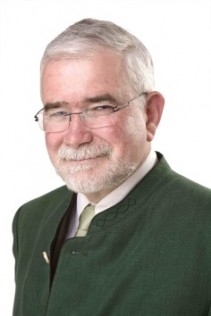Patrice Christmann

Self-employed researcher and teacher in geology
Patrice Christmann is a self-employed researcher and teacher, retired from BRGM, the French Geological Survey which he served for 40 years, including the management of its Mineral Resources Department and of its minerals and metals related research activities. He participates to several mineral raw materials and circular economy related EU and French advisory groups. His fields of expertise are mineral raw materials geology, economics, intelligence, policies and sustainable governance as well as, more generally the sustainable management of natural resources. He was a member of the UNEP International Resource Panel from 2011 to 2020, and co-authored the 2020 report “Mineral Resources Governance in the 21st Century: Gearing Extractive Industries towards Sustainable Development.”. He teaches at EPF, a French Engineering School.
Talk
Mineral raw materials are essential inputs for the production of many goods and services contemporary lifestyles depend on. Their production depend on the availability of concentrations that can be mined in an economically profitable, and nowadays environmentally and socially sustainable, way. It also depends on the willingness of investors to finance exploration and the development of new production streams, as well as on the availability of the technologies needed to meet the multiple and growing challenges related to exploration and production. All available scenarios point towards a continuous demand growth, at least up to 2050, while the production of minerals and metals has already a huge environmental footprint, generating for instance 16% of the global CO2 emissions. This makes it necessary to rebase this industry on a global governance framework based on transparency and quadruple bottom line, verifiable, accountability and transparency. The talk will provide a (brief) introduction to the current governance landscape and to much needed evolution of the EU and international policy framework if the UN SDGs are to be met and resources conflicts are to be avoided.
